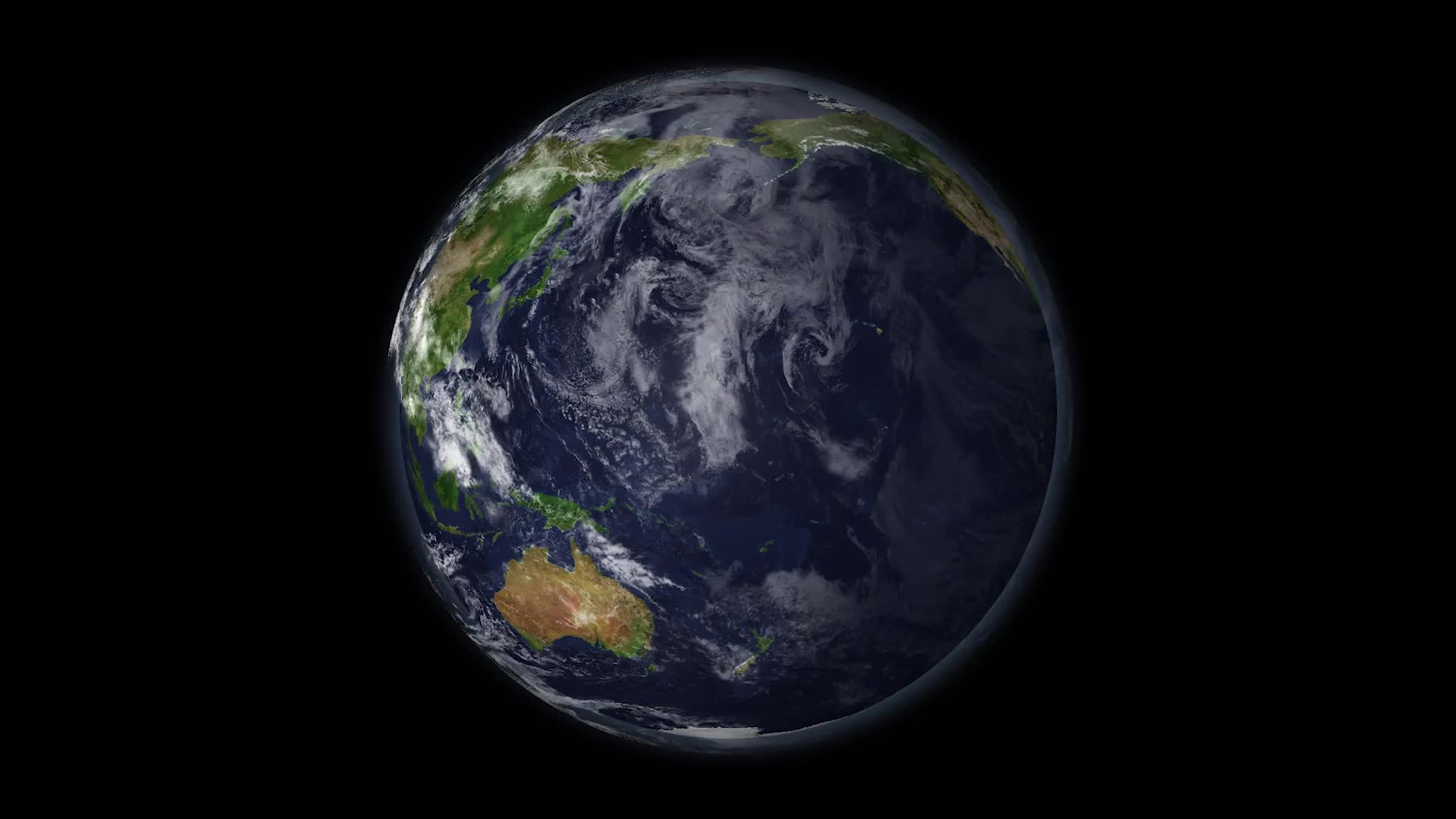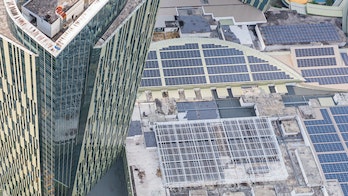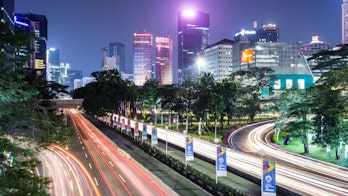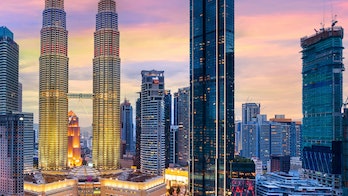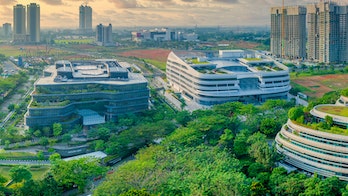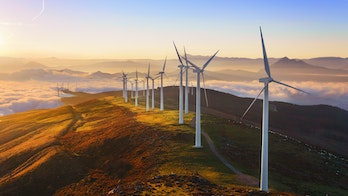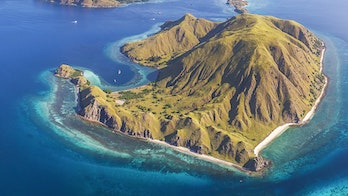Resolutely decrease fossil fuel subsidies
Implement the phase-out timetable alongside a large-scale and long-term communication campaign on the necessity, timeline and reallocation of state expenditures, including compensatory measures for the poor, and social and infrastructure development investments that benefit the entire population.
